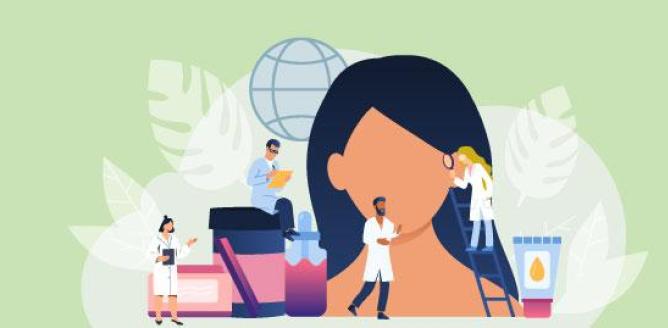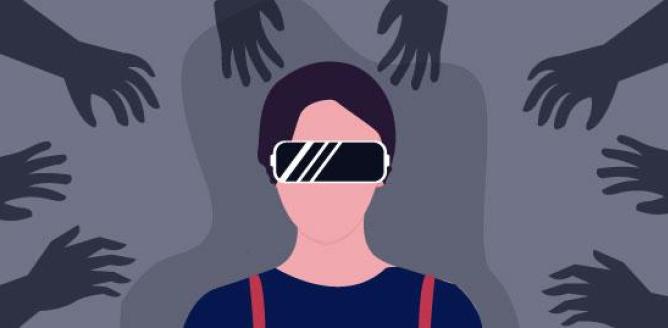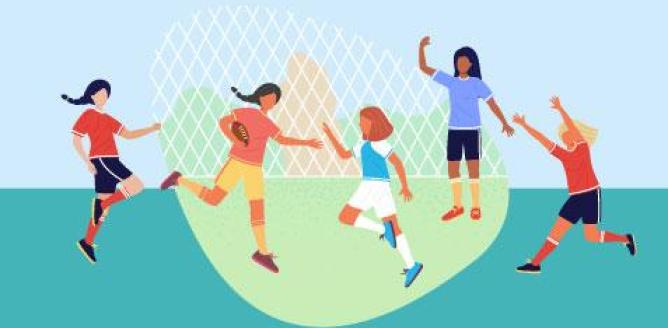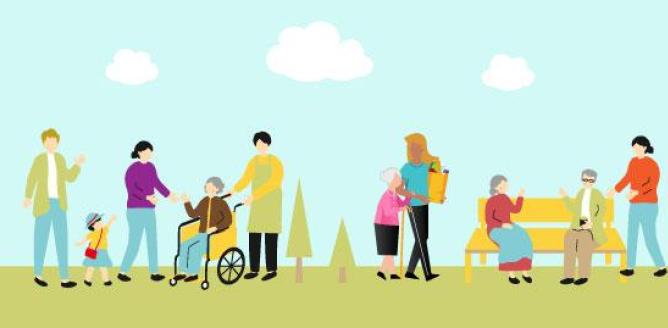In light of ADHD Awareness Month this October, it's important to recognise that there are many aspects of diversity that are not immediately visible. Key among these is neurodiversity, which remains in the shadows. Understanding and harnessing neurodiversity, along with acknowledging its gender implications, are essential to unlocking diverse perspectives and creating an inclusive environment. Neurodiversity refers to a range of differing conditions, each with their own unique characteristics, so we have chosen to focus on Attention Deficit / Hyperactivity Disorder (ADHD).
ADHD is a common condition that is characterised by hyperactivity, impulsivity and difficulty with concentration; in Hong Kong, this affects 6.4% of children and adolescents. On average, children with ADHD have poorer academic results and poorer social skills, and they have a higher likelihood of having mental health issues such as depression and anxiety as well as learning disabilities. This is why early diagnosis and treatment is key.
However, there are marked gender differences between how girls and boys experience ADHD. In a school setting, whilst boys may show more symptoms of hyperactivity and impulsivity such as jumping out of their seats or speaking when they aren’t supposed to, girls tend to struggle with being unable to concentrate which can simply look like daydreaming or struggling with completing an assignment which can be harder to identify as ADHD. Girls are also more likely to develop social coping mechanisms that would hide their symptoms from family and friends.
Concerningly, not catching these different, often less disruptive symptoms means that girls with ADHD are greatly underdiagnosed and this can have deleterious consequences on their mental health. Girls with ADHD internalise their emotions more than their male peers. In adolescence, during their menstrual cycle, fluctuating hormones can exacerbate ADHD symptoms. These girls have a higher vulnerability to eating disorders, as a result of impulsive behaviours that may result in weight fluctuations that influence their body image and may result in harmful behaviours such as bingeing and purging. Girls with ADHD also have higher associations with perfectionism, self-esteem struggles, depression and anxiety.
These issues may, in part, be exacerbated by cultural norms and societal expectations that contribute to girls and women feeling pressured to conform to despite facing challenges in doing so. The research is clear: with early intervention and treatment, many of the issues ADHD individuals face can be better managed in the long term. As a society, we have to do better in terms of recognising the signs and symptoms of ADHD in girls and helping them get the support they need, without bias or stigma.
Recognising the distinctive challenges faced by neurodivergent individuals, including women and girls with ADHD, is a new area of focus for TWF and we have much to learn from listening to the diverse needs and experiences of this community so we can more effectively advocate for what measures and initiatives would be most supportive.
As we move forward, it is crucial that we continue to push for awareness, support and measures that not only recognise but celebrate the richness of neurodiversity. This is not a simple matter of inclusivity; it is a testament to the diversity that enriches our city, empowering individuals to flourish in their unique ways.
Actions to takeaway
1. Advocate for Inclusive Education and Support: Support efforts to improve the education system and advocate for increased resources and training to ensure that neurodivergent students, especially girls, receive the support they need to thrive.
2. Recognise the unique challenges faced by women and girls with ADHD: Advocate for early detection and intervention to ensure they receive the necessary support.
3. Promote open conversations about neurodiversity and mental health within families and communities to reduce stigma and facilitate early intervention, and how this affects genders differently, particularly girls.
Get in touch at Fiona.Nott@twfhk.org.





















